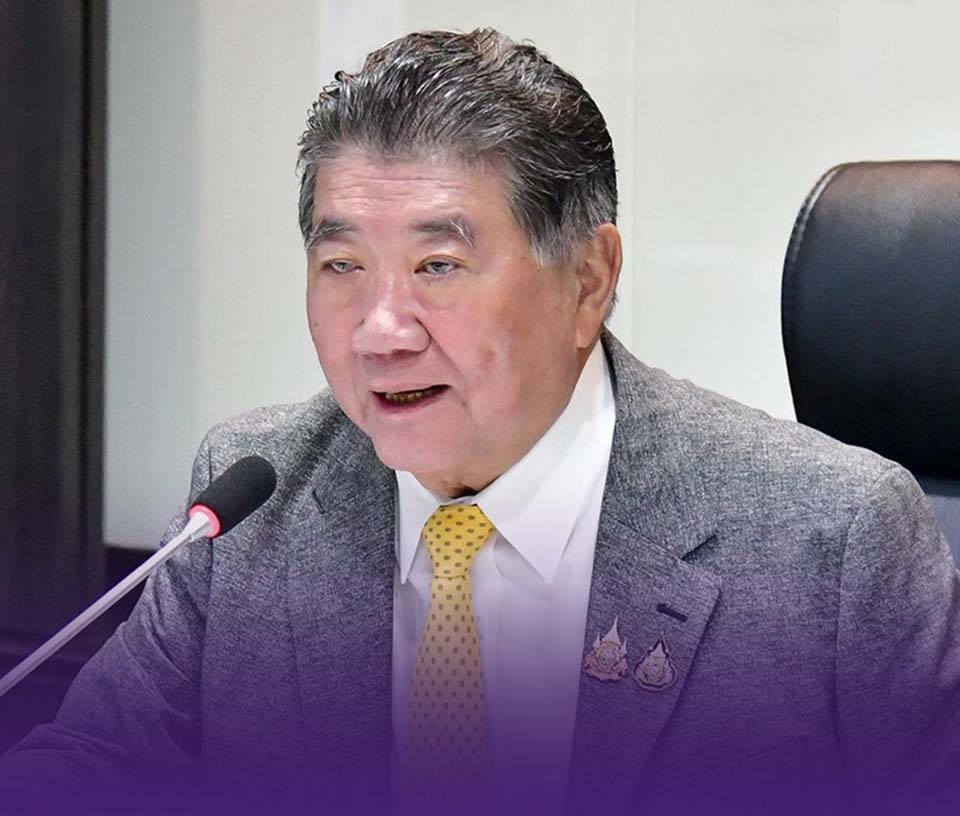
BANGKOK, Thailand – Deputy Prime Minister and Minister of Defense Phumtham Wechayachai has called for a comprehensive review of Thailand’s southern border strategy following recent unrest. Addressing the recent motorcycle bomb attack in Pattani province, which injured defense volunteers and civilians, he criticized the practice of lifting and reinstating emergency decrees, urging the National Security Council (NSC) to redefine the approach to tackling the conflict.
Phumtham stressed the need to separate peace negotiations from military operations, arguing that the current dual approach lacks effectiveness. He has directed an advisory team to analyze past challenges and develop a strategy addressing both security and peacebuilding efforts. This includes plans to establish a revised peace committee to identify weaknesses in existing measures and improve conditions in the southern provinces.
The deputy premier confirmed that he will accompany Prime Minister Paetongtarn Shinawatra during her visit to the southern region on January 16. Security arrangements are in place to ensure safety, and discussions are expected to cover ways to strengthen peace efforts in the area. The visit will also provide an opportunity to assess the situation on the ground and gather insights for the proposed strategy overhaul.
Phumtham has proposed integrating technology to optimize military operations in the South, citing the need to reduce personnel numbers and streamline the military structure. He outlined plans to expand the use of drones, satellite systems, and advanced surveillance tools to enhance operational efficiency. He also suggested redeploying personnel to disaster response roles and introducing early retirement schemes for senior officers to reduce inefficiencies.
Phumtham highlighted the importance of modernizing the military to address contemporary challenges, including human-made and natural disasters. He pointed to the potential acquisition of new technology, such as drones, to replace large patrol units and improve surveillance, creating a leaner, more technologically capable military force that can respond effectively to evolving threats and crises. (NNT)










